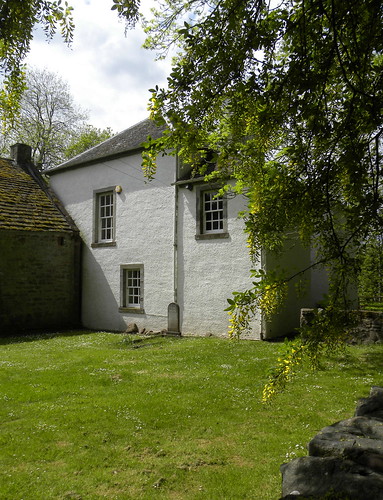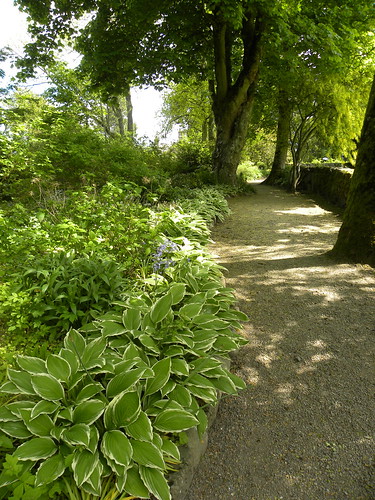Recently thanks to the Meeple Like Us boardgames blog I learned about the idea of a Depth Year, to cut consumerism, focus on what you already have etc. To read more about the concept, see their post. There’s also a related Facebook group.
I really like the Depth Year idea. My goals are modest. I’m not going to cut out new purchases totally. But I’d like to catch up more on things I already have.
Because of a MS-like illness I rely on ebooks mostly to read now. I can adjust the font size and spacing hugely. My Kindle is a bit of a lifesaver, but I usually buy bargain 99p books I want, that I’ve previously put on my wishlist at full price. I’ll still do that, but will focus on reading things I already have.
Alongside that I have a number of academic books and research projects that I want to get on with. All severely hampered by extreme reading problems and time/energy issues from the illness. My goals there are more extreme: no new purchases next year, and focus on working through my existing ones.
One big weakness of mine is Big Finish Doctor Who audios. I’m prone to buying new ones when I haven’t listened to all my old ones! I’d like to say no new purchases in 2019, but 2019 is a special anniversary year for Big Finish, and they’re bringing out some stunners that I’m very keen to get. And that will shoot up in price after. So I will be buying. But before then I want to prioritise listening to my backlog, and selling on eBay in CD form anything that I won’t want to keep.
That last point also relates to clearing out my study. It’s a calving as I’d be told about my bedroom as a child 😉 So, again, read or listen, then choose to discard (sell on eBay or give away) or for a few things keep. Aim being to clear out stuff.
Where I probably won’t cut back is on my monthly subscription comics. I really enjoy getting these in the post, from Forbidden Planet. But since I usually sell them straight on afterwards, and often for quite a profit, I think that’s ok.
So yes, a mix of modest goals, bearing in mind my situation. Aim to try to catch up on my backlog, reduce new intake, and have a good time.




